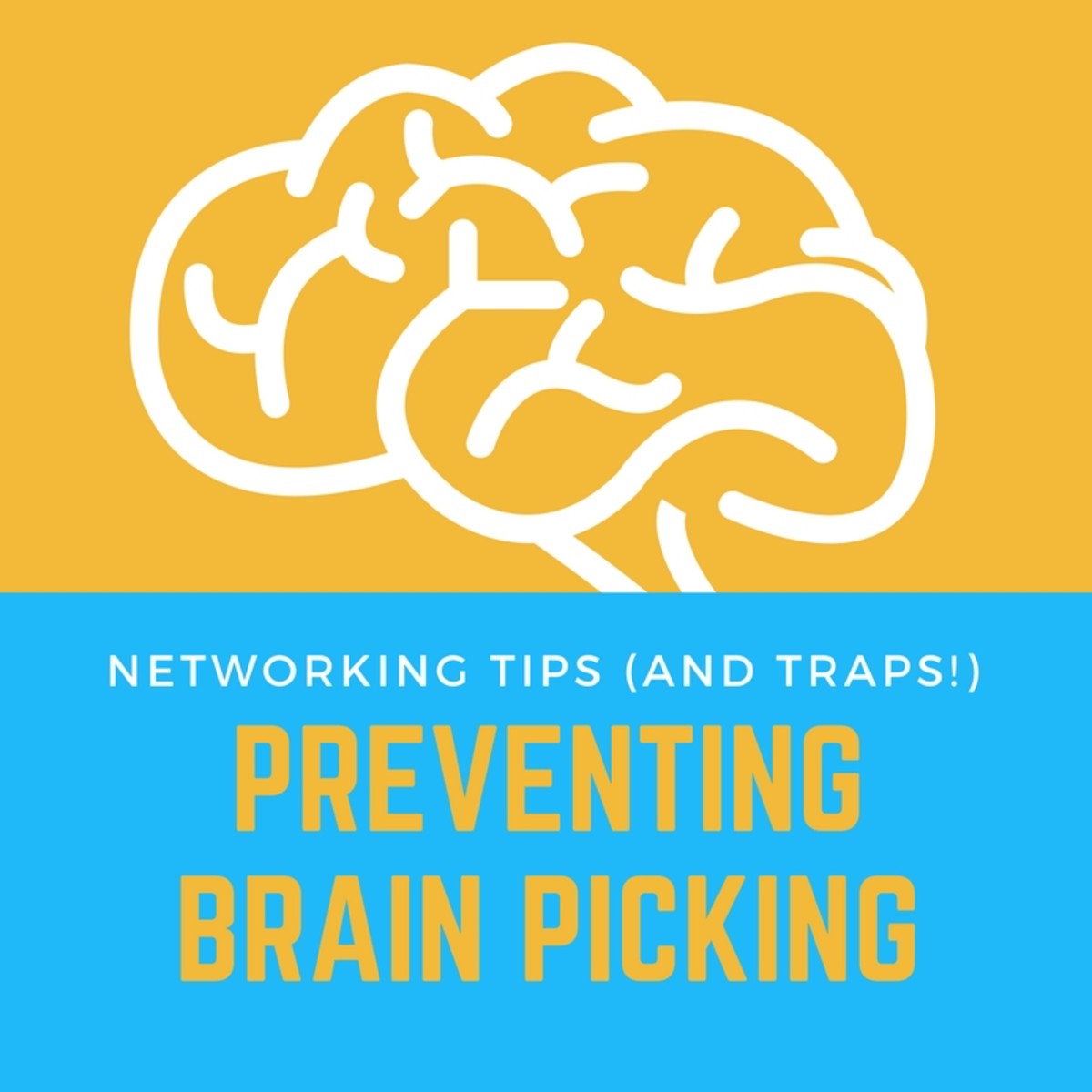How to Be a Marketing Consultant

Got marketing experience? Ready to sell that experience on the open market? Great. But now the hard work begins. Read on to learn how to be a marketing consultant, whether for offline or online.
What is a Marketing Consultant?
Marketing is such an expansive term that can mean everything and nothing. So what does a marketing consultant actually do?
Depending on the specialty area being considered, a marketing consultant for hire could do any, many or all of the following:
- Marketing strategy.
- Marketing plans.
- Market research (assessment of market potential, trends, etc.).
- Marketing research (focus groups, surveys, data mining, etc.).
- Social media strategy and implementation.
- Online marketing consultant (websites).
- Advertising campaigns (broadcast, billboards and outdoor, print and online) and media buying.
- Public and media relations.
- Event planning and promotion.
- Direct mail or email marketing design and implementation.
- Graphic design (Internet or print).
- Copywriting for advertising, brochures, websites and more.
- Blogging.
- Email marketing.
- Content creation (articles, videos, podcasts, books, eBooks for sale or custom created for clients).
- Promotional products.
- Customer service programs.
- Loyalty and incentive programs.
- Public speaking or teaching.
- Mobile marketing.
- Fundraising and sponsorship programs.
- Branding and logo design.
- Packaging design.
- Mailing list sales or brokering.
- Marketing services brokering (selling the services of marketing consultants).
Companies that handle all or most of the functions in the above list are usually large consulting firms that have specialists on staff for each area. But with this many specialty areas—which can be further segmented by industry, market or geography—there is ample opportunity for those with experience and expertise to establish themselves as an independent niche marketing consultant in just one or two of the functions.
How to Become a Marketing Consultant
Is an MBA or business college degree required to become a marketing consultant? No, although it can help establish credibility, especially for those who lack a sufficient level of work history in the field. Experience and expertise are usually more highly valued in the marketing consulting arena than academic education.
Ironically, many who start advising clients on marketing matters don't even establish a marketing plan or strategy for themselves! This is not unusual for many small business owners and entrepreneurs in general. As well, those who leave corporate America (whether by their own decision or their employers') and strike it out on their own may follow a similar marketing strategy to that of their former employer. This, too, can be a mistake simply because a strategy for a larger organization can often not be scaled down to the micro business level of an independent consultant.
So what would be an ideal path toward becoming a marketing consultant?
- Assess Skills. Most marketing professionals of all experience levels have strong skills in one or a couple functions from the list above. A good exercise would be to take the previous list and rank skill strength in each area, with one being the strongest and the largest number being the weakest or least liked. Be honest! Weaknesses and dislikes will be easily exposed when working with clients. For weak areas, consider partnering with other marketing professionals who are experts in those areas. Their services can be subcontracted or they can be referred directly to clients. Having a trusted network of fellow professionals that can be called upon when needed is actually a consulting function in itself that can be sold!
- Identify Specialty Niches. Once skill strengths are known, identify any market niches based on consumer or business demographic factors such as industry (e.g. automotive, retail, international trade), market (e.g. new moms, college students, small businesses) or geographical location (e.g. Canada, downtown). Multiple niches are good to identify, but identifying and pursuing too many can muddle focus, wasting effort and dollars. Stick with the top two or three at the beginning and add more as resources allow.
- Assess Potential Market Share and Sales Volume. One could be world's foremost authority on medieval welding techniques. But if the world isn't looking for medieval welders, the potential for enough sales is severely limited. Scour through target industry and association reports for sales volume, number of competitors and, if available, market share for each. Determine who (or what) may be a possible near peer for comparison.
- Set Pricing, Sales Goals, Budget and Forecast. If the market appears to offer sufficient opportunity, set a sales forecast for the first year, breaking it down month by month. Determining the number of jobs that it would take to meet that goal is critical since that will determine what prices will need to be charged. A sales forecast is a realistic expectation of what is achievable in sales and profit margins. Some businesses set sales goals even higher than forecast as motivation to achieve more. And don't forget to project overhead costs when preparing a forecast! Running a marketing consulting business is NOT free! There are office supplies, postage, Internet service, marketing costs, commercial and professional liability insurance and so much more.
- Set a Marketing Activity Calendar. Many business owners, even those in marketing, often hesitate to create a marketing plan when starting out. Instead, those for whom an official plan is an insurmountable task, it is recommended that they at least develop a marketing calendar, scheduling every activity to be take toward the sales goals, day by day, which helps reinforce consistent and persistent movement towards a goal. This does not have to be anything fancy. A paper calendar, spreadsheet, electronic calendar or "To Do" list are all possible choices. But choose just one! Typical activities would include write a blog post, develop an email newsletter, attend a local networking event, etc.
- Develop a Tracking System. Regardless of whether a simple spreadsheet or an accounting software package is used, tracking of sales and activity is absolutely necessary. Make sure it is easy to use.
- Monitor, Adjust, Repeat... Forever. Weekly and monthly monitoring of sales made is recommended, but a single monthly review may be sufficient for some very small businesses. Quarterly and annual reviews are also needed, regardless of monitoring frequency. Realize that when starting out it may take several months to see any significant results. So stick with the initial marketing activity calendar for at least six months to a year before making any major changes in response to results. This weekly, monthly, quarterly and annual review process will need to become a regular activity that will continue throughout the entire life of the business.
This article is accurate and true to the best of the author’s knowledge. Content is for informational or entertainment purposes only and does not substitute for personal counsel or professional advice in business, financial, legal, or technical matters.
© 2013 Heidi Thorne






